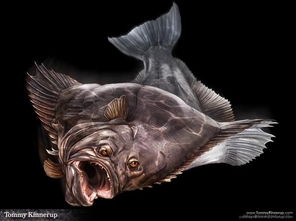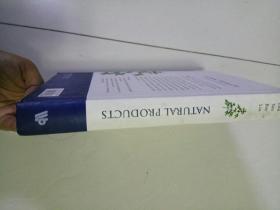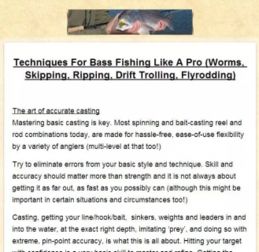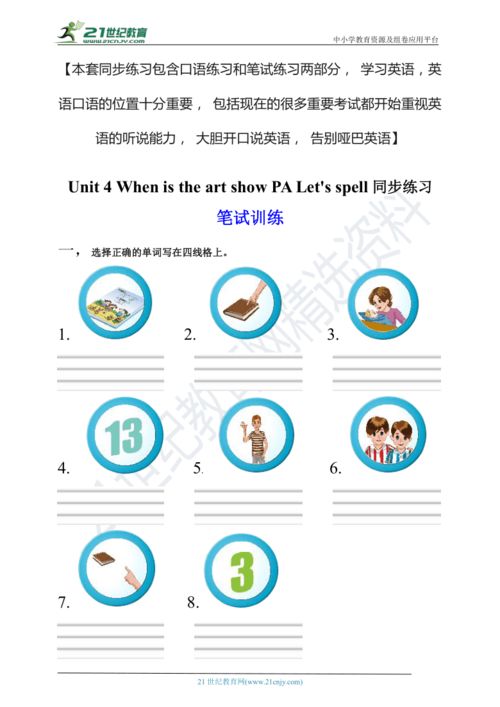
Content:
Angling is an ancient activity that has been enjoyed by countless individuals across the globe. Whether you are a seasoned angler or a beginner, the thrill of catching a big fish can be exhilarating. However, catching a fish that weighs十几斤 (around 25 pounds) can be quite challenging. In this article, we will delve into the techniques and strategies to help you master the art of catching a teenage pound fish.
Research the species Before you embark on your fishing adventure, it is crucial to research the species you are targeting. Different fish species have varying habits, preferences, and habitats. By understanding the behavior of the fish you want to catch, you can tailor your approach to increase your chances of success.
1 Habitat and location Identify the preferred habitats of the fish you are targeting. For instance, if you are aiming to catch a teenage pound bass, look for areas with a mix of deep and shallow waters, such as lakes, reservoirs, or rivers with weed beds, rock piles, and submerged structures.
2 Feeding habits Learn about the feeding habits of the fish species. This will help you determine the best times to fish and the types of bait or lures to use. For example, many fish species are more active during dawn and dusk, while others may feed throughout the day.
Select the right equipment To catch a teenage pound fish, you need to have the appropriate equipment. Here are some key components to consider:
1 Rod and reel Choose a strong, durable rod with a good backbone. A rod designed for heavy-duty fishing, such as a bass or saltwater rod, is suitable for catching a teenage pound fish. The reel should have a high-quality drag system to handle the fish's strength and avoid breaking the line.
2 Line and leader Use a monofilament or braided line with a high tensile strength. A line with a breaking strength of 20 to 30 pounds is generally recommended for teenage pound fish. Additionally, a 6 to 8 feet leader with a stronger line will help you land the fish without damaging your main line.
3 Hooks and lures Select hooks with a strong, sharp point to ensure easy penetration and better holding. When it comes to lures, opt for ones that mimic the natural prey of the fish species you are targeting. Soft plastics, spinnerbaits, crankbaits, and jigs are popular choices for teenage pound fish.
Master the art of casting Casting is a crucial skill for successful angling. Here are some tips to improve your casting technique:
1 Practice your casting Practice your casting technique to increase your accuracy and distance. Pay attention to your grip, stance, and wrist movement. Try different casting techniques, such as the overhead cast, sidearm cast, and roll cast, to find the one that works best for you.
2 Adjust your casting for wind and distance When fishing in windy conditions, adjust your casting technique to compensate for the wind. For longer distances, use a more powerful cast, while for shorter distances, a more precise cast is essential.
Learn to read the water Understanding the water's currents, depth, and structure is vital for successful fishing. Here are some tips to help you read the water:
1 Study the terrain Observe the bottom structure, such as rocks, weeds, and drop-offs, to identify potential fishing spots. These areas often hold teenage pound fish.
2 Analyze the currents Identify the water's flow patterns and currents. Fish often hold in areas where the current is slower, such as behind rocks or around submerged structures.
3 Observe the surface Watch the surface for signs of fish activity, such as bubbles, ripples, or jumps. These signs indicate that fish are nearby and may be ready to bite.
Patience and persistence Catching a teenage pound fish requires patience and persistence. Here are some tips to help you stay focused and determined:
1 Stay patient Remember that catching a big fish takes time. Don't get discouraged if you don't catch anything immediately. Stay patient and keep searching for the perfect spot.
2 Adjust your approach If you're not having success, try changing your approach. This may include changing your bait, lure, or technique. Be open to experimentation and learn from your experiences.
In conclusion, catching a teenage pound fish requires a combination of knowledge, skill, and perseverance. By researching the species, selecting the right equipment, mastering the art of casting, reading the water, and maintaining patience, you will increase your chances of landing a big catch. Remember that fishing is a journey, and every experience will make you a better angler. Happy fishing!












